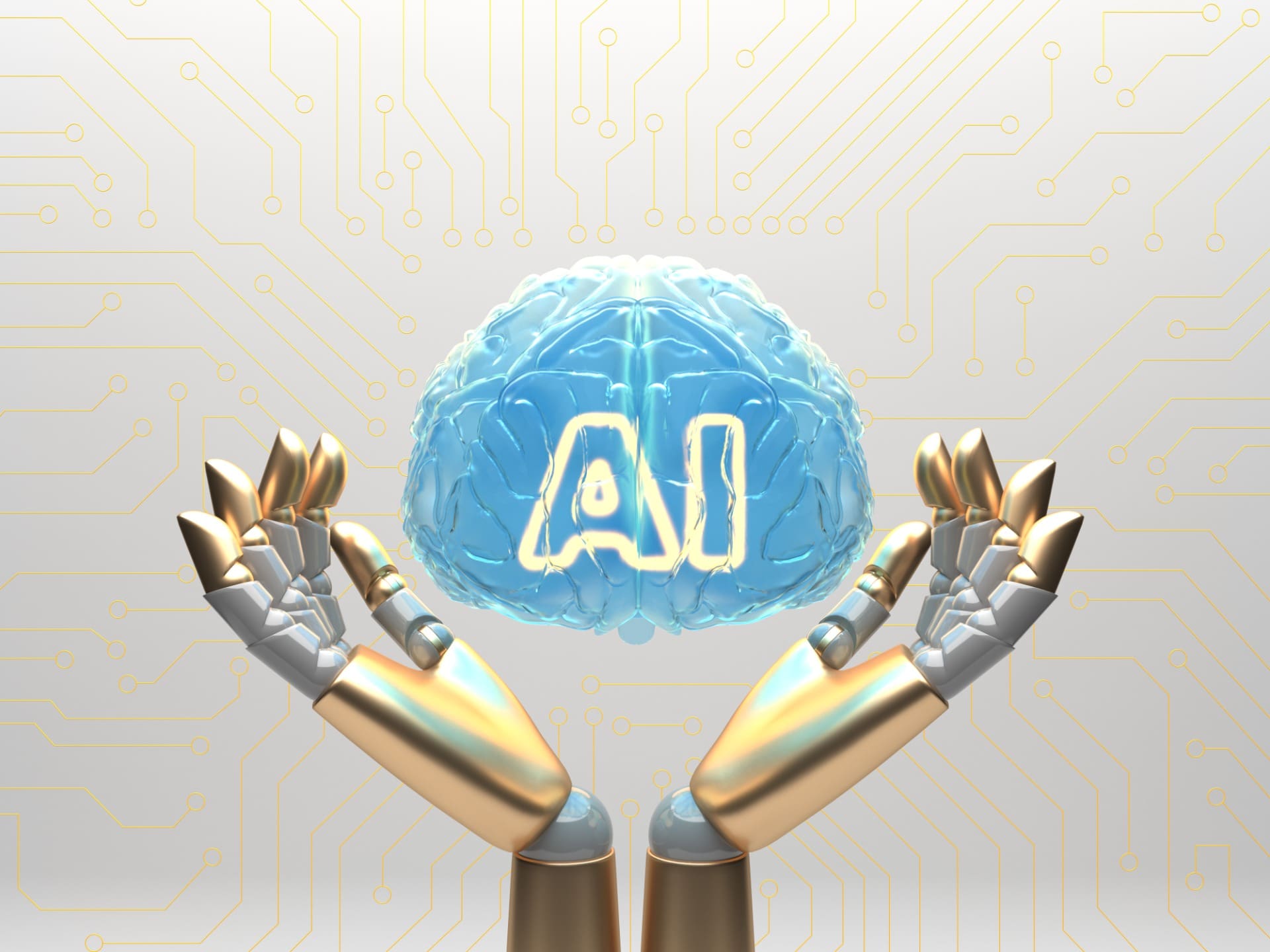
Do you think that generative artificial intelligence can transform the legal profession? Discussions on artificial intelligence have been going on for a decade. These discussions intensified when the American startup Open AI’s ChatGPT was launched in November 2022. Today, there is already a lot of research on how ChatGPT’s artificial intelligence can be used in different areas of life, including business development, and many people claim today that the world will never be the same again.
Artificial intelligence (AI) has the potential to revolutionize various industries, including the legal profession. The use of AI in the legal profession is becoming increasingly prevalent, and its impact is being felt in a variety of ways. While AI has the potential to automate many routine legal tasks, it also raises a number of ethical and legal issues that must be carefully considered. From contract review to intellectual property law, AI technologies have already started to make an impact in the legal industry. In this article, we will explore the intersection of generative AI and the legal profession and discuss its implications for legal practitioners and the legal system as a whole.
What is artificial intelligence?
There is no universal definition of artificial intelligence (AI). AI is generally considered to be a discipline of computer science that is aimed at developing systems that can carry out tasks considered to require human intelligence.
Which legal areas are affected by the role of artificial intelligence?
One of the most significant impacts of AI on the legal profession is its ability to automate many of the routine tasks that are currently performed by human lawyers. AI can be used to review contracts, analyze legal documents, and conduct legal research. These tasks are typically time-consuming and can require significant amounts of human labor, but they can also be easily automated with AI technology.
Another area where AI is having an impact on the legal profession is in the development of new forms of legal services. For example, some law firms are using AI to develop online legal services that can be accessed by clients directly. These services can be used to automate many of the routine legal tasks that are currently performed by lawyers, and can be delivered at a much lower cost than traditional legal services.
Another area where AI is having an impact on the legal profession is in the development of new forms of legal technology. For example, some law firms are using AI to develop legal chatbots that can answer basic legal questions and provide legal advice. These chatbots can be used to provide legal advice to clients at any time of the day or night, and can be accessed from anywhere in the world.
If we make a comparison in the above-mentioned forms of use, then we can unequivocally claim that artificial intelligence is definitely superior to human resources in the field of data processing. Furthermore, AI itself “learns” and improves; what we see today, we will certainly see in an enhanced form years and even months later.
Dominance of artificial intelligence: regression or a leap forward?
While the automation of routine legal tasks can bring significant benefits to law firms and their clients, it can also have negative consequences for human lawyers. For example, as AI becomes increasingly improved, it could potentially replace human lawyers in some areas of legal practice. This could lead to significant job losses within the legal industry, and could have a significant impact on the legal profession as a whole. Moreover, there are concerns that the use of AI in legal services could lead to the loss of client confidentiality, as well as potential legal liability issues. While the development of legal chatbots can bring significant benefits to clients, it can also raise a number of ethical and legal issues. For example, there are concerns that the use of chatbots to provide legal advice could potentially lead to the unauthorized practice of law. It is noteworthy that Italy was the first in the world to ban the use of ChatGPT, as it led to the leakage of personal data.
In order to address the ethical and legal issues associated with the use of AI in the legal profession, a number of regulatory bodies and professional organizations have developed guidelines and ethical rules. For example, the American Bar Association has issued guidelines on the use of AI in the legal profession, which emphasize the importance of transparency and accountability in the use of AI.
Will artificial intelligence replace lawyers?
Overall, the use of AI in the legal profession is a complex and rapidly evolving area that raises a number of issues. While AI has the potential to bring significant benefits to law firms and their clients, it also has the potential to disrupt the traditional legal profession and to raise a number of issues. As such, it is important for lawyers and legal professionals to carefully consider the implications of AI on their profession, and to adapt to the changing landscape of the industry in order to remain competitive and flexible in the face of increasing automation.
It can be stated that artificial intelligence in today’s conditions does not completely replace the flexibility and ideological capabilities of a creative lawyer’s mind, but it greatly facilitates the performance of certain tasks. In any case, we believe that in the future, the role of artificial intelligence in law will be to automate the daily repetitive tasks of lawyers and to focus the lawyer’s time on real value-creating work.







